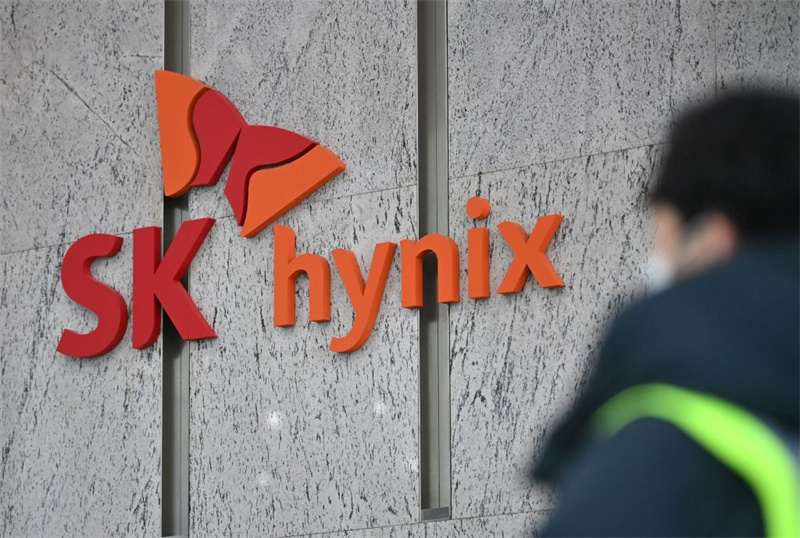Two former SK Hynix employees—one Chinese and one South Korean—have been accused of leaking sensitive semiconductor technologies to Huawei and its chip unit HiSilicon, sparking renewed concerns in South Korea over industrial espionage and the protection of core chipmaking IP.
On May 7, a South Korean appeals court sentenced a 37-year-old Chinese national, previously employed at SK Hynix, to five years in prison and fined her 30 million won (~$22,000) for stealing classified chip process documents before joining Huawei. She had previously been sentenced to 18 months by a lower court, but the Suwon High Court imposed a harsher ruling, citing national security threats and economic harm. The defendant, who worked in SK Hynix's defect analysis department since 2013, printed around 4,000 pages of documents detailing solutions to chip process issues before resigning in 2022 to take a higher-paying job at Huawei.
Although she denied the charges—claiming the documents were printed for work handover—the court ruled her actions amounted to intentional disclosure of national core technology. “This crime threatens the survival of Korean companies and undermines national competitiveness,” the court said. “The defendant has shown no remorse, and the victim company has requested strict punishment.”

On the same day, South Korean prosecutors also announced the arrest and indictment of a 51-year-old South Korean national surnamed Kim, who worked for SK Hynix's China unit. Authorities allege that Kim leaked advanced technologies—including hybrid bonding and CMOS image sensor know-how—while applying for a position at HiSilicon in 2022. He reportedly printed and photographed over 11,000 pages of confidential documents and submitted them to two Chinese companies during job applications.

According to the Seoul Central District Prosecutor's Office, Kim also attempted to obscure the documents' origins by removing brand logos and confidentiality labels. While Huawei reportedly did not request specific trade secrets, it accepted the documents as part of the hiring process.
SK Hynix clarified that the leaked bonding-related information concerned general wafer-to-wafer techniques, not the proprietary hybrid bonding technologies used in current commercial products. However, experts note that such knowledge remains highly valuable—especially for companies like Huawei and SMIC, which lack access to advanced packaging processes due to U.S. export controls.
The cases have drawn widespread attention in South Korea, highlighting the growing risk of high-tech IP leakage amid intensifying global competition and China's drive for semiconductor self-sufficiency.
+86 191 9627 2716
+86 181 7379 0595
8:30 a.m. to 5:30 p.m., Monday to Friday
